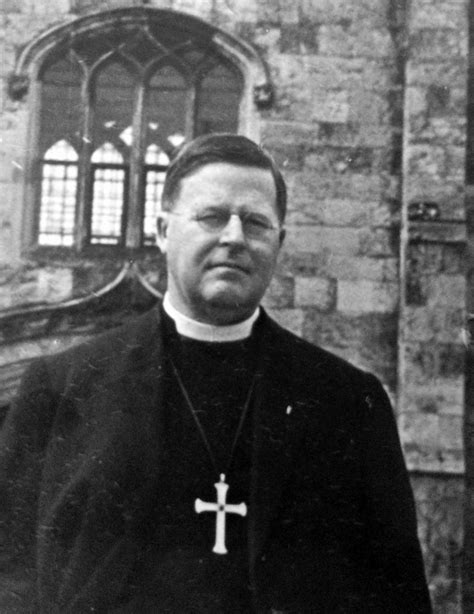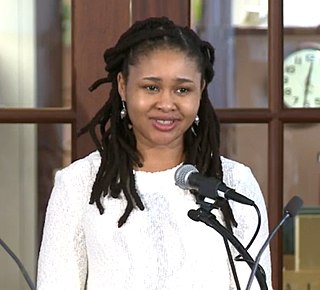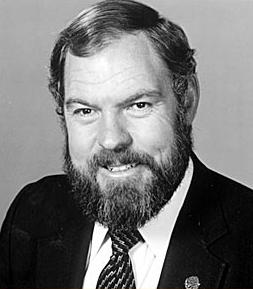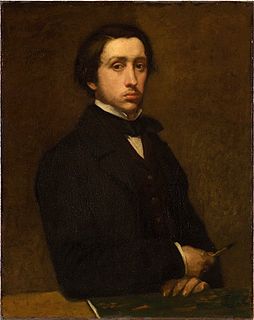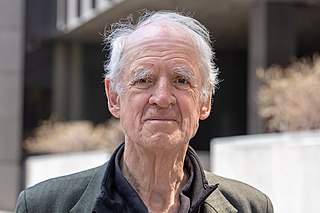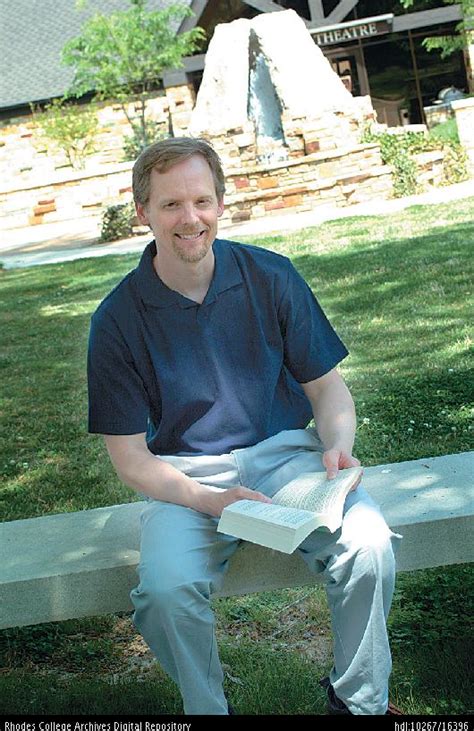A Quote by Benjamin Franklin
The great secret of succeeding in conversation is to admire little, to hear much; always to distrust our own reason, and sometimes that of our friends; never to pretend to wit, but to make that of others appear as much as possibly we can; to hearken to what is said and to answer to the purpose.
Related Quotes
I think I've always been ambitious. It just looks different on me. You know, I have friends who are actresses who go to every party they possibly can to be photographed and really try to make every connection they can, and I admire that and sometimes I wish I had a little bit more of that. Sometimes I feel like I don't have enough ambition.
I do not believe that there is any secret or single formula for success, but there are common threads of thought and action that characterize the successful people that I have been fortunate enough to know and observe. I do know, from my own experience, that our chance of succeeding is much greater when we organize and take charge of our lives. When we are willing to make decisions, we aggressively pursue those things in life that are important to us.
Among us, I am happy to say, old age is honorable, and regarded as a blessing from the Lord. It is our duty to desire to live long upon the earth, that we may do as much good as we possibly can. I esteem it a great privilege to have the opportunity of living in mortality. The Lord has sent us here "for a wise and glorious purpose," and it should be our business to find out what that purpose is and then to order our lives accordingly.
It seems to me that today, if the artist wishes to be serious - to cut out a little original niche for himself, or at least preserve his own innocence of personality - he must once more sink himself in solitude. There is too much talk and gossip; pictures are apparently made, like stock-market prices, by competition of people eager for profit; in order to do anything at all we need (so to speak) the wit and ideas of our neighbors as much as the businessmen need the funds of others to win on the market. All this traffic sharpens our intelligence and falsifies our judgment.
Unconsciously we all have a standard by which we measure other men, and if we examine closely we find that this standard is a very simple one, and is this: we admire them, we envy them, for great qualities we ourselves lack. Hero worship consists in just that. Our heroes are men who do things which we recognize, with regret, and sometimes with a secret shame, that we cannot do. We find not much in ourselves to admire, we are always privately wanting to be like somebody else. If everybody was satisfied with himself, there would be no heroes.
We define our identity always in dialogue with, sometimes in struggle against, the things our significant others want to see in us. Even after we outgrow some of these others—our parents, for instance—and they disappear from our lives, the conversation with them continues within us as long as we live.
Friends and neighbors complain that taxes are indeed very heavy, and if those laid on by the government were the only ones we had to pay, we might the more easily discharge them; but we have many others, and much more grievous to some of us. We are taxed twice as much by our idleness, three times as much by our pride, and four times as much by our folly.
The life of hope, then, is shot through with social influences at every level. We learn to formulate ideals in tandem with others. We pursue particular hopes, sometimes succeeding and sometimes failing, in the company of those we love. And as we develop habits of hope and the hopefulness which helps us weather our trials, we reach out to others, inspiring them, sharing our own hopes with them, and contributing our abilities as best we can to foster the growth of agency.
The first beneficiary of compassion is always oneself. When compassion, or warmheartedness, arises in us and our focus shifts away from our own narrow self-interest, it is as if we open an inner door. It reduces fear, boosts confidence and brings us inner strength. By reducing distrust, it opens us to others and brings us a sense of connection to others, and sense of purpose and meaning in life.


